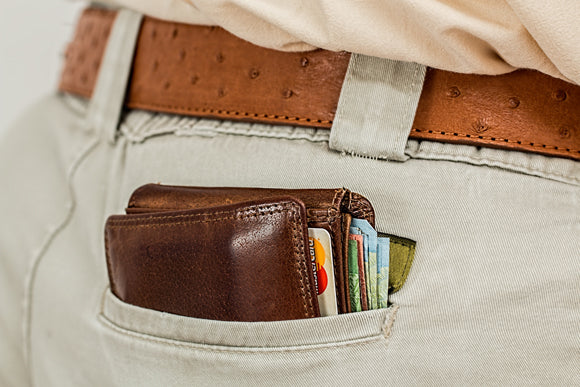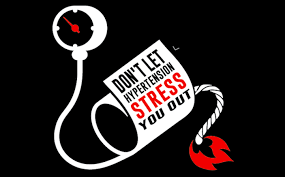Do you carry a heavy wallet in your pant pocket?
The internet is full of advice and interesting insights about health and well-being, some of which often bring to the fore hitherto unheard-of concerns that may stem from everyday habits — something as small as carrying a wallet in the back pocket. Highlighting such an issue, Dr Sudhir Kumar, a neurologist took to Twitter to share the case of a 30-year-old patient who consulted him for “severe, sharp pain” from the right buttock to the leg and foot for three months continuously.
“Pain was more while sitting and lesser while standing or walking. The pain increased on lying down,” he wrote in the thread — ‘How a valuable possession slowly damaged a young man’s nerve’.
After being evaluated elsewhere, an MRI spine ruled out slipped disc and nerve compression in the lower back region. Nerve conduction studies had shown severe damage to the right sciatic nerve. No cause for sciatic nerve damage was obvious, he noted.
On detailed enquiry, the patient informed that he always carried a “fat wallet” in his right back pocket, which remained in his pocket while he sat in office during work (10 hours a day). “Now, I could guess the cause. The cause was ‘fat wallet’ syndrome, in which the wallet compresses the pyriformis muscle, through which the sciatic nerve passes, thereby compressing the sciatic nerve. The wallet can also cause direct compression of sciatic nerve branches,” the expert said.
As a treatment, the expert “did not order any investigations”. Instead, he advised the patient to “remove the wallet from his back pocket while sitting. “Pyriformis muscle stretching exercises were also taught to him. One month later, he was much better. Pain score had reduced from 7/10 to 1/10 on visual analog scale,” the neurologist said, further explaining that wallet neuritis can occur in professionals who sit for long duration, and also in long distance drivers (who carry their wallets in back pockets, while sitting for long duration).
According to him, if a man is complaining of pain, tingling, numbness in buttock, thigh, leg and foot, it is necessary to enquire about possession of a wallet in the back pocket (for long duration while sitting). Symptoms can mimic those that occur due to slipped disc and pinched lumbar/sacral roots. “Wallet-related sciatic nerve compression is common and I usually see one case a month. This occurs more in people who sit for long duration,” Dr Kumar told indianexpress.com
What do other experts suggest? Biomechanically, the spine supports the human torso and allows us to carry out daily activities in an efficient way. “Any curvature or imbalance in any plane causes considerable stress and results in strain and discomfort to the person. Poor posture in people who require prolonged sitting for their jobs such as those in IT industry, causes chronic fatigue and lower back pain syndromes,” said Dr Raviraj A, senior consultant orthopaedics and joint replacement surgeon, Apollo Hospitals, Bannerghatta Road, Bangalore.
Explaining that back pockets are mostly on the sit bones, Dr Pavan Kumar Chebbi, MBBS, MS – orthopaedics, Joint Replacement and Orthopaedic Surgeon, Apollo Spectra Hospital, Bangalore said that the ‘fat wallet syndrome’ or ‘wallet neuritis’ is caused by indirect irritation of the sciatic nerve due to sitting for a long duration by keeping a thick wallet in the back pocket. “When a person sits with their wallets or other things, such as phones, in their back pockets, it produces an uneven seating surface. This results in an unlevel pelvis and an unbalanced spine, putting indirect pressure on the sciatic nerve,” noted Dr Chebbi.
What can be done? “A person can buy wallets that can be kept in the front pocket, remove the items in the back pocket before sitting down, get a slim wallet, and also remove any unnecessary items from the back pocket. One can consult a specialist if it is not getting better and have the seating posture corrected,” said Dr Chebbi.
Dr Raviraj said that the disc bulges can be treated by various methods like medications, physiotherapy in milder cases, and may even need surgical treatment in severe cases.
Additionally, good ergonomics and following recommendations, good exercises on a routine basis and strengthening the spinal muscle can prevent disabling back pain, said Dr Raviraj.






